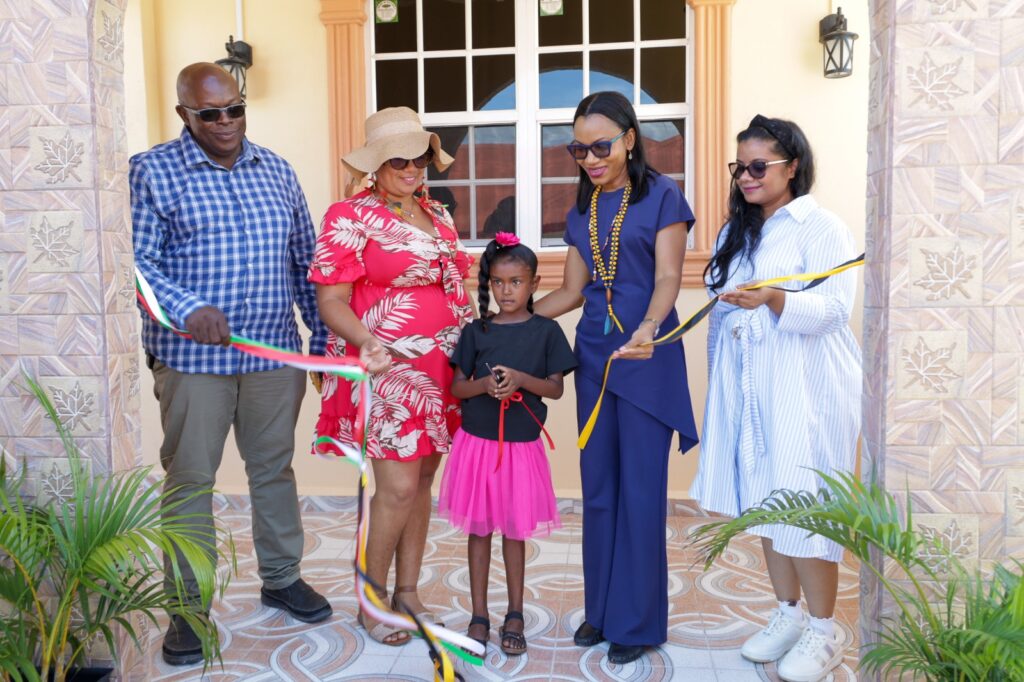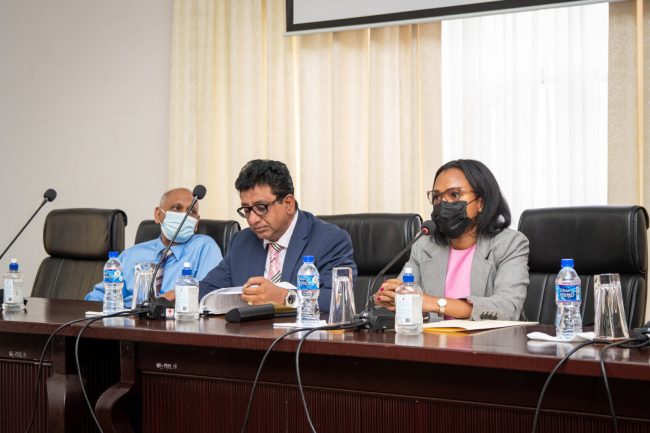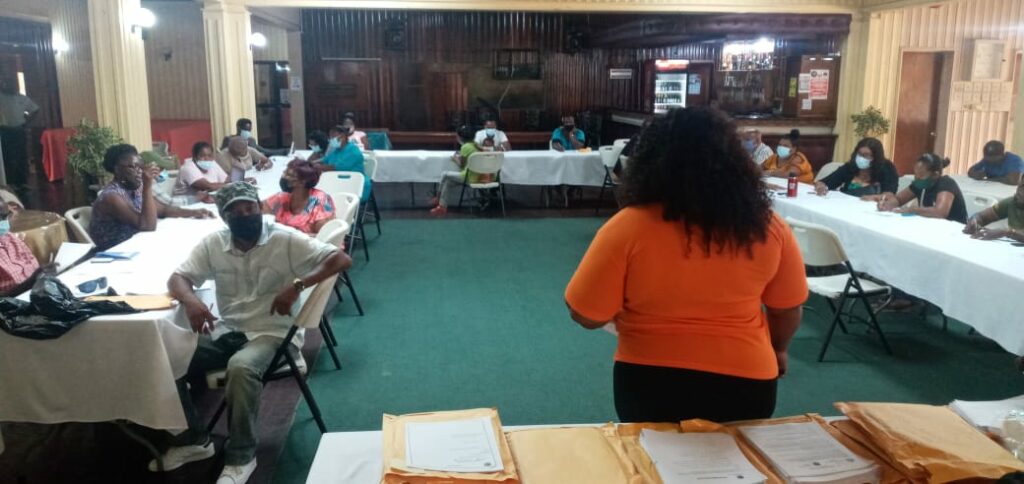FOR IMMEDIATE RELEASE
July 19, 2025
The community of Mainstay/Whyaka, Region Two, officially opened its Lake View Cabins on Saturday—an initiative set to enhance the region’s growing tourism appeal. The modern, self-contained cabins are designed to accommodate families and groups, and were formally declared open by the Hon. Oneidge Walrond, Minister of Tourism, Industry and Commerce.
Speaking at the opening ceremony, Minister Walrond described the facility as a meaningful addition to Region Two’s tourism product and a reflection of the Government’s commitment to supporting community-owned and led tourism development.
“The growth of Mainstay/Whyaka as a tourism destination reflects the direction we have been working toward as a government. Since 2020, under the leadership of His Excellency President Dr. Mohamed Irfaan Ali, the PPP/C Administration has made tourism a priority by focusing on tourism as a driver of economic growth, job creation, and Indigenous community development.”
Minister Walrond emphasized that the Lake View Cabins strengthen the region’s tourism circuit by creating employment, supporting local enterprises, and enhancing Mainstay’s reputation as a nature-based destination.
“What you are doing here today benefits Mainstay/Whyaka directly, but it also broadens the tourism product of Region Two and Guyana as a whole. It strengthens the region’s capacity to welcome visitors of various interests and backgrounds, while contributing to employment and economic growth.”
The Minister also highlighted broader developments in Region Two’s tourism sector, including increased private sector investment and community-led initiatives. She noted that since 2020, more than 500 residents of Region Two have benefited from training in hospitality, business development, tour guiding, and emergency care, facilitated by the Ministry of Tourism, Industry and Commerce through the Guyana Tourism Authority.
Toshao Marsha Williams described the project as a realization of the community’s long-standing vision to develop sustainable tourism.
The project was spearheaded by members of the community with support from national initiatives such as the Low Carbon Development Strategy (LCDS) and Presidential Grants through the Ministry of Amerindian Affairs.



